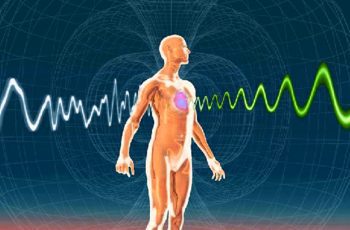Anisakiasis.
A word that most of us are learning for the first time, and one we all need to take very seriously.
Doctors have highlighted the need for awareness of anisakiasis, caused by the larvae of a worm found in contaminated undercooked or raw fish or seafood.
It seems sushi restaurants have popped up on every city block in recent decades, and with the rise in popularity, doctors are warning of a less appealing trend: a rise in parasitic infections.
A team of doctors from Portugal raised concerns recently after a 32-year old man was admitted to the hospital after a week of battling a fever, vomiting, and complaining of pain in his abdomen just below his ribs.
An endoscopy revealed the cause: larvae of a type of parasitic worm from the genus Anisakis. According to doctors, the condition, known as anisakiasis, is caused by eating undercooked or raw fish or seafood that has been contaminated. Upon questioning the man, doctors learned he had in fact recently consumed sushi.
After the larva was removed the man rapidly recovered, say the medics.
Writing in the journal BMJ Case reports, the team warn that with sushi in vogue in the west, awareness of anisakiasis is growing.
“Most of the cases were described in Japan due to food habits; however, it has been increasingly recognised in western countries,” the authors write, pointing to a Spanish study that reported 25 cases of the condition over a three year period from 1999 to 2002, with all patients having eating raw anchovies, as well as Italian research which flagged both anchovies and sushi as routes by which individuals could become infected.
The Italian study added that medical professionals should suspect the condition should patients complain of severe abdominal pain after eating raw fish, pointing out that “no effective pharmacological treatment is able to kill the larvae once eaten”.
According to the US Center for Disease Control and Prevention, “the treatment for anisakiasis may require removal of the worm from the body by endoscopy or surgery.”
The authors report that parasitic infections can come with a slew of symptoms including severe allergic reaction, as well as complications such as digestive bleeding, bowel obstruction, and peritonitis.
The Food Standards Agency noted that raw fish occasionally contain parasitic larvae, but said that under European food hygiene legislation fish that is to be eaten raw should be frozen before it is sold to consumers to ensure any parasites have been killed.
If you found this article helpful, please share with friends and family by clicking the button below!




